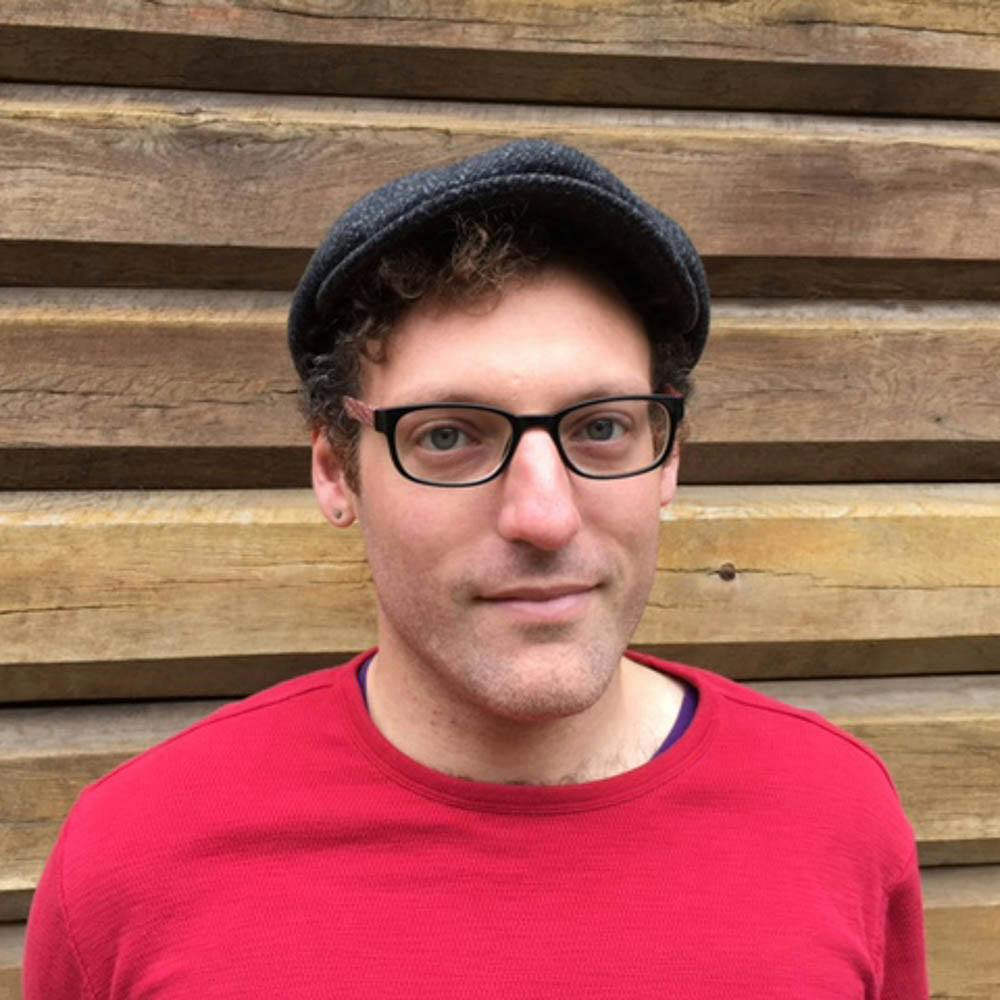This semester, Angela Blanchard and David Schwartz ’09 are bringing their experiences as entrepreneurs and change-makers to the University as Taubman Fellows and Social Entrepreneurs in Residence through the Swearer Center for Public Service. As fellows, they will each teach a public policy class and seek to connect with students working toward social justice.
The semester-long residency brings social change leaders to serve as “educators, advisors and conveners within Brown’s social innovation community,” wrote Emily Wright, assistant director of communications and public engagement at the Swearer Center, in an email to The Herald. The program has been bringing entrepreneurs to campus since fall 2015.
Blanchard served as president and CEO of BakerRipley until summer 2017 and has spent more than 30 years as an expert practitioner in community development. In her time with BakerRipley, she focused on disaster recovery and effective long-term integration for immigrants and refugees, according to the company’s website. She has helped cities and local leaders address disasters and community issues around the world.
Her class, PLCY 2772: “Disaster, Displacement and Response: A Practitioner, People-Focused Lens on Urban Policy and Practice,” will be offered to Masters in Public Affairs students who want to learn about disaster recovery efforts through a scenario-based examination.
The last 15 years have witnessed numerous disasters — both natural and man-made — in succession, Blanchard said, referencing Hurricane Harvey, Hurricane Katrina and the war on Syria as examples. “We can’t keep pretending these are rare,” she added.
“I’m here to be available to the change-makers of the future,” Blanchard said.
Schwartz was also excited by the prospect of having an impact on the “leaders of the future.” In his time as an undergraduate at the University, Schwartz co-founded Real Food Challenge to address issues with industrialized agriculture. Since then, RFC has grown into a million-dollar organization with 12 full-time staff members that seek to “shift millions and eventually billions of dollars away from industrialized agriculture,” Schwartz said.
Schwartz also hopes to expand his own social justice work as a Taubman Fellow, he said.
This spring, Schwartz will teach PLCY 1824: “Social Change and Building Powerful Organizations,” open to undergraduates. The class examines both the “nuts and bolts” of building effective organizations, but also the conceptual issues involved with addressing systemic problems, Schwartz said.
While at the University, he also wants to expand his focus to research the intersection of social justice work and spirituality. “There’s a lot of chatter about the decline of organized religion and what that means for our society and the morality of our society,” Schwartz said. “But at the same time, there’s all sorts of new people gathering in spiritual communities that I think has the potential to play a significant role in the social justice struggles of our time.”
The program has received more than 25 applications for next fall, Wright wrote.





